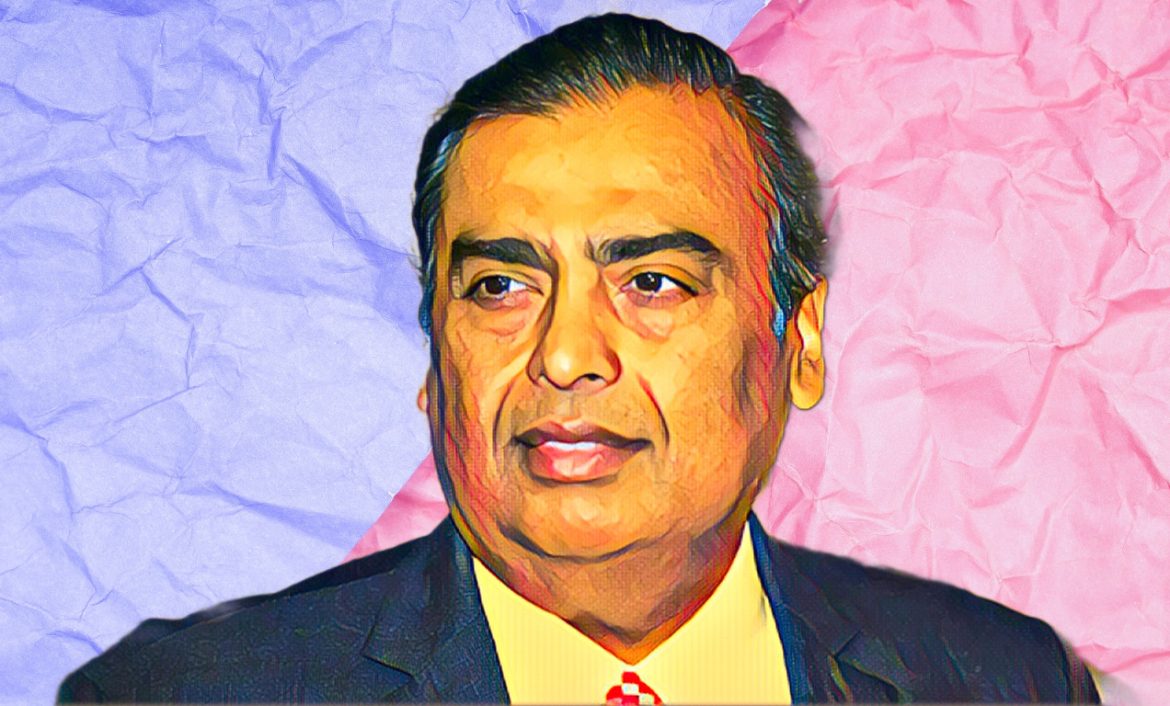Asia’s second-richest man, Mukesh Ambani, is facing significant resistance in Ghana over a controversial exclusive 5G deal. Ambani’s company, Reliance Jio, secured the rights to develop and deploy 5G infrastructure in the West African nation, but the agreement has sparked concerns among local stakeholders and the public.
The deal, which aims to position Ghana as a leader in advanced telecommunications technology, promises substantial investment and the potential for economic growth. However, critics argue that granting an exclusive contract to a foreign entity could stifle competition, hinder local businesses, and limit consumer choices.
Several Ghanaian telecom operators and industry experts have voiced their objections, calling for a more inclusive and competitive bidding process. “While we welcome investment in our telecom sector, an exclusive deal with a single foreign company could create a monopoly and negatively impact the market,” said Kwame Boakye, CEO of a local telecom firm. “It’s crucial to ensure that local companies have the opportunity to participate and compete.”
The Ghanaian government, led by President Nana Akufo-Addo, has defended the agreement, highlighting the potential benefits of partnering with a global leader in telecommunications. Government spokespersons have emphasized that the deal includes provisions for technology transfer, local employment, and infrastructure development that would benefit the country in the long run.
“The partnership with Reliance Jio will bring cutting-edge technology to Ghana and help us achieve our digitalization goals. It is an opportunity to leapfrog in telecommunications and improve connectivity for all Ghanaians,” a government official stated.
Despite these assurances, opposition parties and civil society groups have raised concerns about the lack of transparency in the negotiation process. They argue that the government should have conducted a more open and competitive tender to ensure the best terms for Ghana.
“Transparency and fairness are essential in such significant national projects. We need to make sure that the deal is in the best interest of the Ghanaian people, not just a select few,” said Dr. Nana Asante, a political analyst and member of a prominent civil society organization.
Public opinion is also divided, with some Ghanaians expressing excitement about the potential technological advancements and others wary of the implications of a foreign-dominated telecom sector. Social media platforms have become a battleground for debates, with hashtags both supporting and opposing the deal trending regularly.
The controversy comes at a time when Ghana is pushing to enhance its digital infrastructure and expand internet access to rural areas. The government has outlined ambitious plans to become a regional hub for technology and innovation, and the 5G deal is seen as a critical step towards achieving this vision.
In response to the pushback, the Ghanaian government has indicated it will hold further consultations with stakeholders to address concerns and ensure that the interests of local businesses and consumers are protected. There are also hints that adjustments to the deal could be made to include more local participation and safeguard competitive practices.
As the debate continues, industry watchers are keenly observing the developments, aware that the outcome could set a precedent for future foreign investments in Ghana’s burgeoning tech sector. The government’s handling of the situation will likely impact its credibility and influence investor confidence moving forward.
Ultimately, the resolution of this controversy will be a test of Ghana’s ability to balance attracting foreign investment with fostering a competitive and inclusive market environment. The hope is that a solution can be found that maximizes the benefits of 5G technology while supporting local industry and maintaining fair market practices.
Source: GhanaWeb.com




